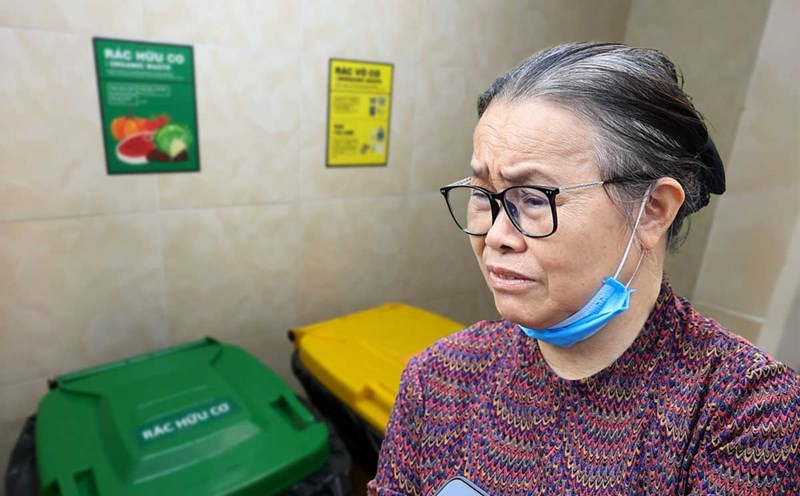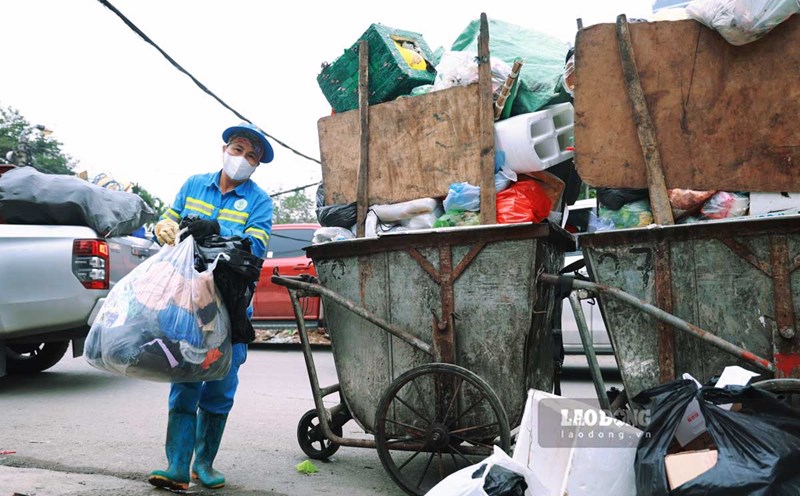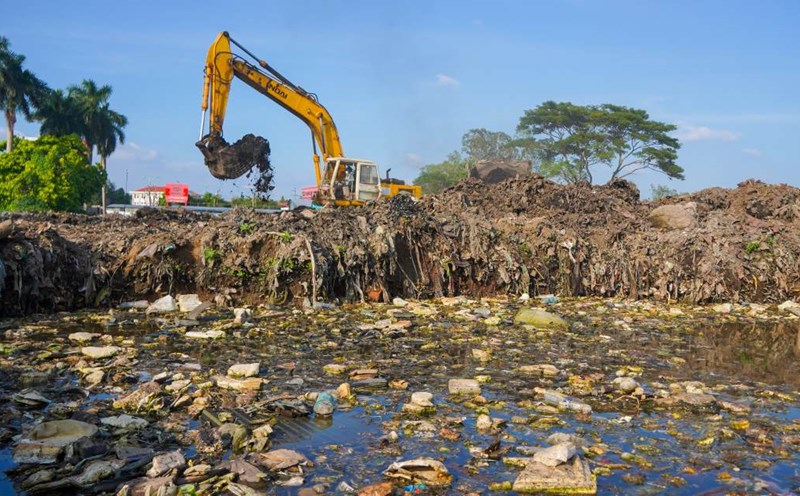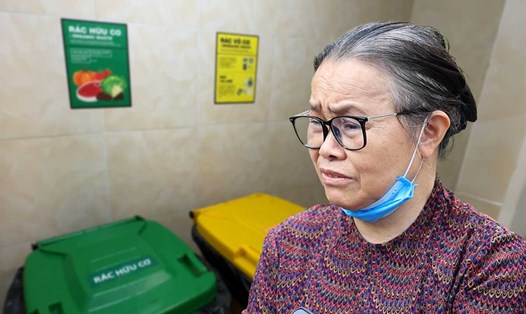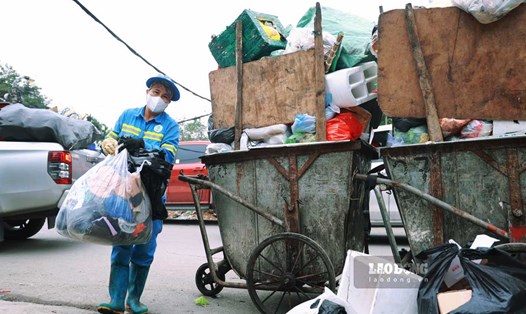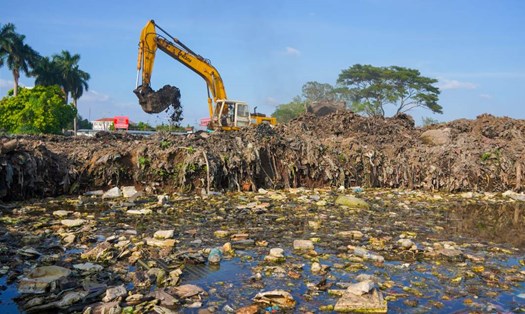It is unclear what the regulations are and how they are implemented.
After the policy of waste classification at source takes effect, if they do not classify, individuals and households will be fined from 500,000 to 1 million VND - according to Decree 45/2022 of the Government.
However, according to Lao Dong Newspaper, there are still many people who do not know this regulation.
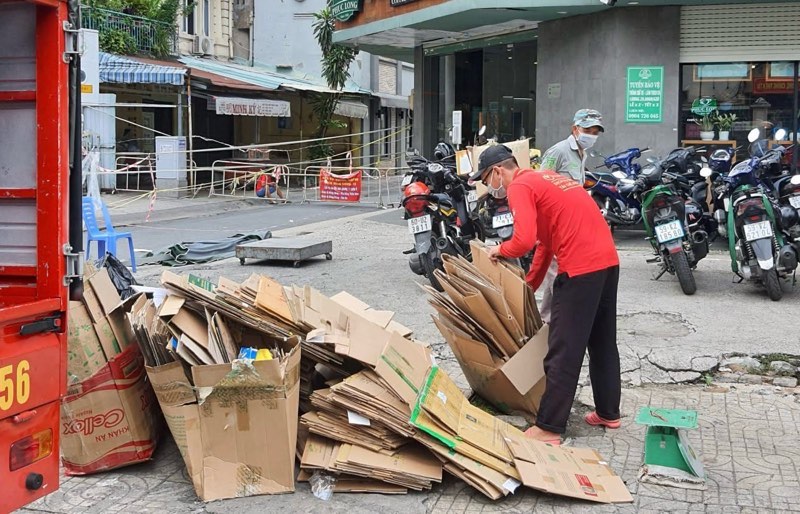
Ms. Nguyen Van Anh (23 years old, Binh Thanh district) said she had never heard of any penalties for violations related to the classification of household waste.
"The area where I live does not mention this regulation, nor does the landlord remind me to classify the trash. I often throw trash into a common bag without sorting it because I think that after dumping the trash, the ward's collection team will come and sort it for me," said Ms. Van Anh.
Living in District 7 (HCMC), Mr. Tran Chi Thanh (28 years old) also said he had never heard of the above regulation.
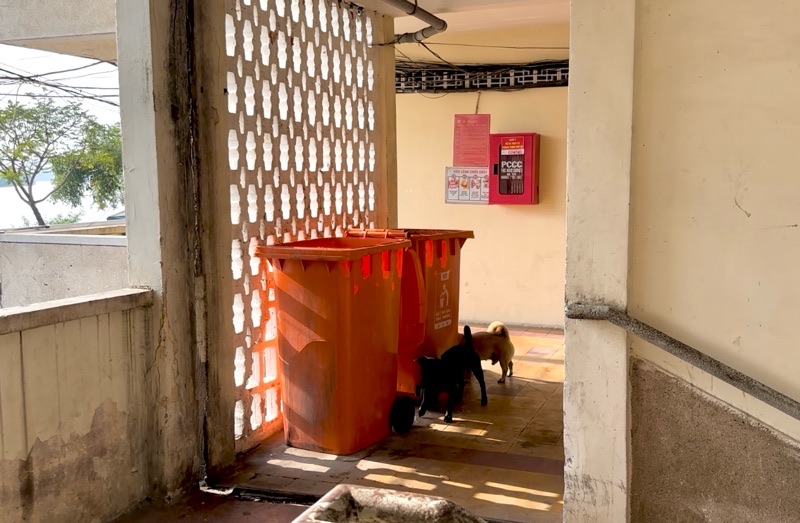
"For many years now, I have been sorting garbage out of habit. I have never heard of any fines for not sorting garbage," said Mr. Thanh.
According to Mr. Thanh, the place where he lives only has 1 common trash can placed in front of his house, not enough 3 bins to classify waste according to regulations.
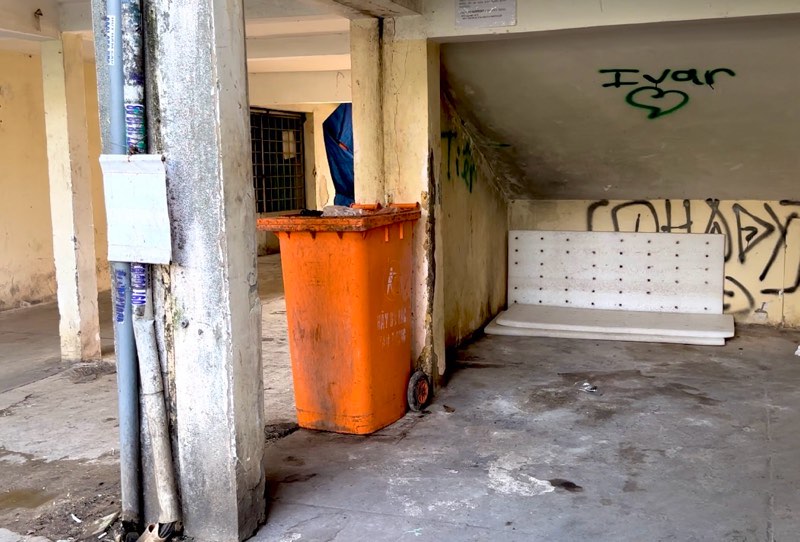
"According to observations, most people throw all kinds of trash into the building's common bin. If every household sorts their trash like me, it would be meaningless because the trash would be concentrated in one place," said Mr. Thanh.
According to the reporter's investigation, in some residential areas in Ho Chi Minh City, many places currently only have 1-2 trash bins for people to classify. This does not meet current regulations, creating inadequacies in waste management and treatment.
There are still many problems in implementation.
As one of the pioneering localities in propaganda and mobilizing people to classify waste at source, Mr. Tran Trong Nghia - Chairman of the People's Committee of Pham Ngu Lao Ward (District 1, Ho Chi Minh City) said that the current classification of waste at source is still inadequate in terms of waste collection.
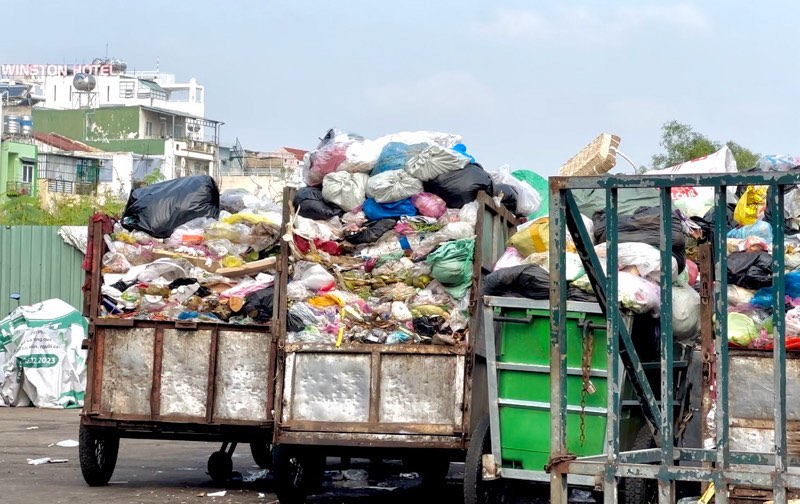
"Many garbage collection units come to collect garbage and put all the garbage in one bin. People who see that sometimes get frustrated and don't want to classify garbage anymore because it's almost meaningless," said Mr. Nghia.
Therefore, it is necessary to develop a synchronous collection process, in which each type of waste is transported and processed separately from the collection stage. This not only maintains the motivation of people but also ensures that recyclable waste and organic waste are properly processed, minimizing the burden on landfills and protecting the environment.
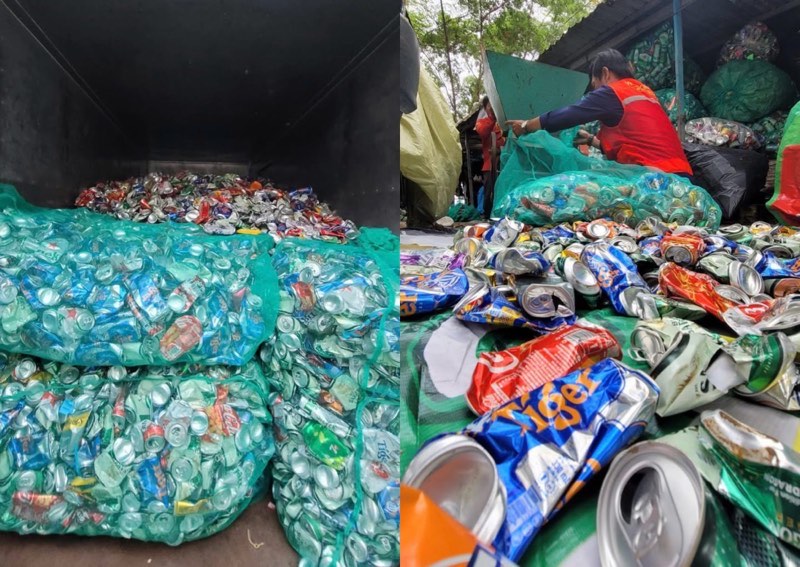
Talking to Lao Dong, Mr. Nguyen Van Tien - founder of the Scrap Metal Group Chu Hoa said that in addition to scrap purchasing activities, the group also supports people in sorting waste at the source and sorting and processing scrap metal to sell at a higher price.
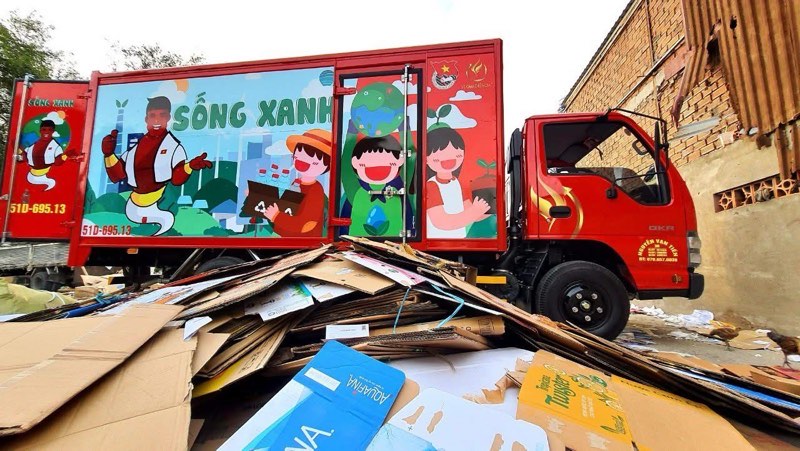
According to Mr. Tien, people have always had the habit of only keeping things that can be sold for money, and throwing away things that cannot be sold with other types of waste.
"Therefore, the key is to change people's thinking. Not only should we keep things that can be sold, but also non-recyclable waste, bulky waste, etc. must be classified to protect the living environment for future generations," said Mr. Tien.

